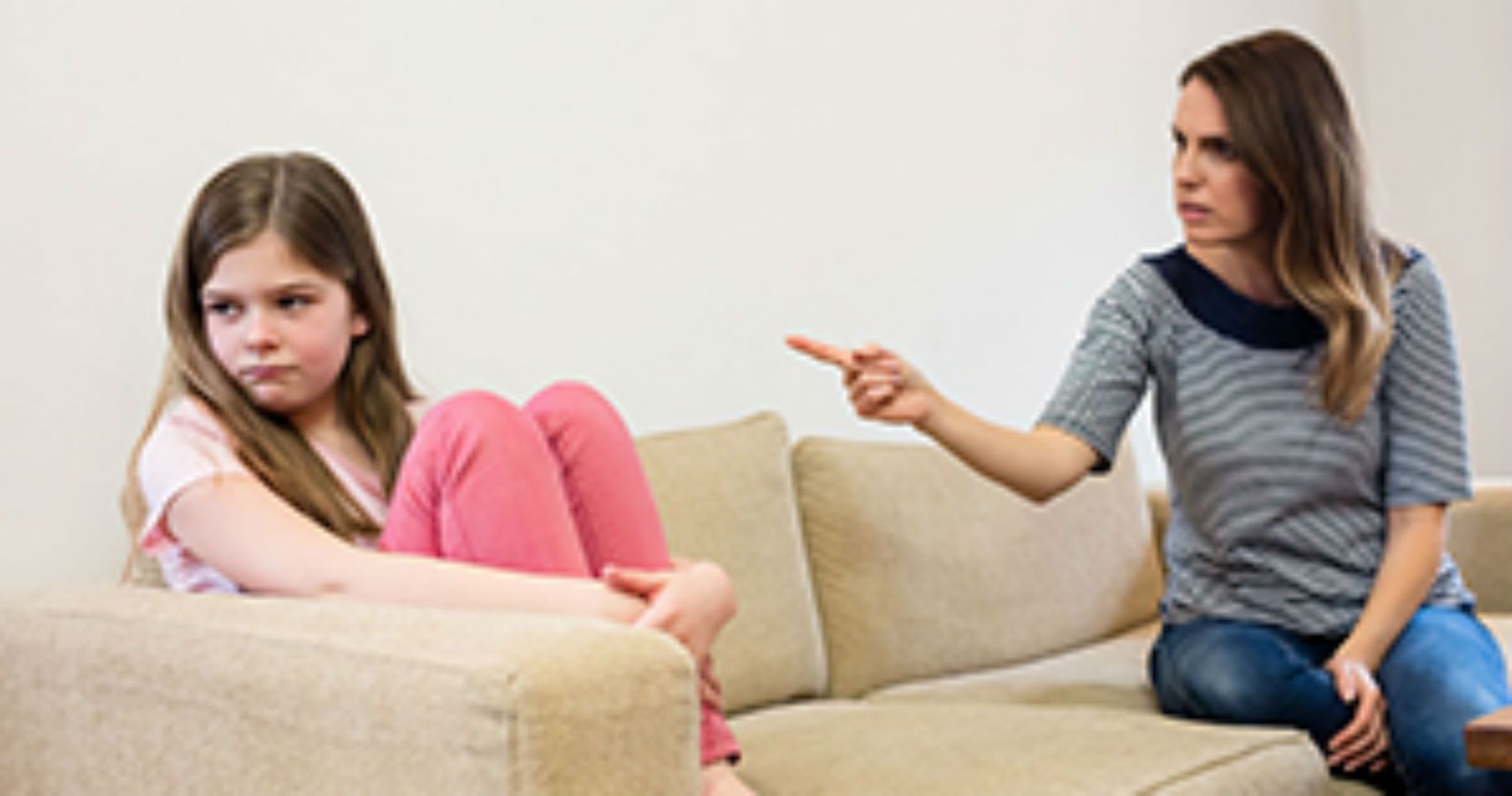It is often said that how social a child is based solely on the nature of that specific child. However, a new study is fighting that thought with new findings that harsh parenting is actually making kids antisocial.
The Journal of the American Academy of Child & Adolescent Psychiatry published the study where researchers' main goal was to determine if parental harshness was related to kids' callous-unemotional (CU) traits. CU traits are characteristics such as limited empathy and lack of guilt.
These traits have become a hot topic for researchers over the past few years. Researchers have been trying to determine if CU traits are because of genetic makeup or if the environment that a child is raised in impacts them too.
PREVIOUSLY: GENDER NEUTRAL TOYS ARE A HUGE PARENTING WIN
According to Science Daily, participants in the study were 227 identical twins, which equated to 454 individual kids were evaluated based on parental differences each twin experienced. There were small and subtle differences, but it was enough information for the researchers at the University of Pennsylvania, University of Michigan, and Michigan State University to form a conclusion.
The kids varied in age from 6-11, and their parents were also involved. Each parent was asked to answer 50 questions about the environment at home. Results were impressive, those who lived in a harsher parental house had higher CU traits. Those children who lived in the warmer parental styled home had lower CU traits, proving the researchers were correct.
There is a direct correlation between harsh parenting and kids behavior, especially when it comes their social ability. However, the study doesn't rule out that genetics have a factor in whether or not a child is antisocial.
It all goes back to nurture vs. nature, a long-standing debate among psychologists. The answer is that both affect how a child develops. An environment can be overcome with hard work, but genetics cannot. However, that doesn't mean the environment is less critical because both are essential.
The point of the study is simple if you are a harsh parent you could be harming your child in ways you never thought. Now that doesn't mean you should be a softie, but there needs to be a balance between warmth and harshness.

